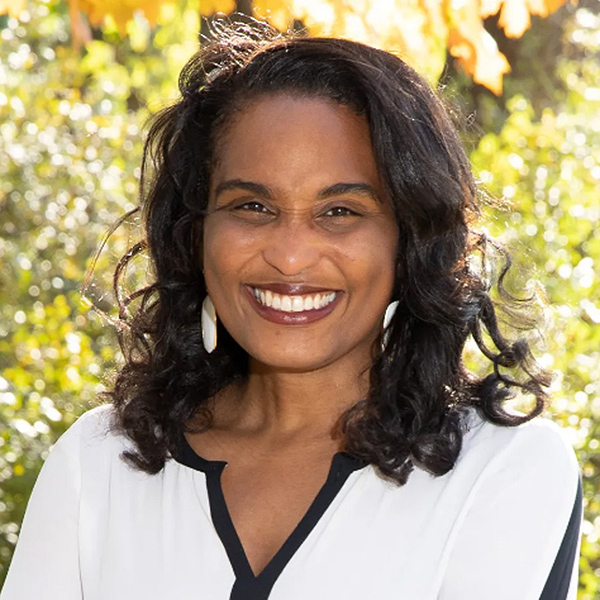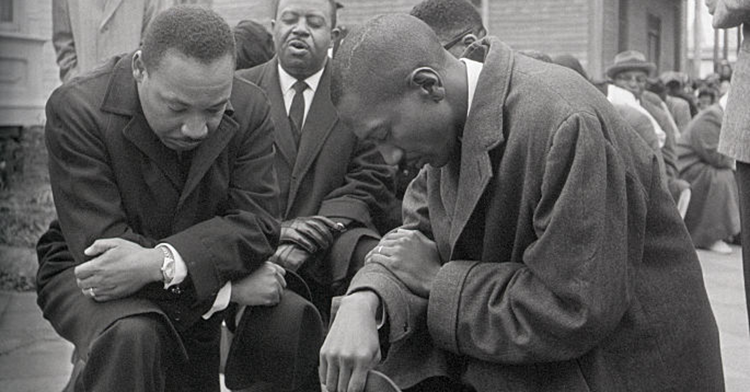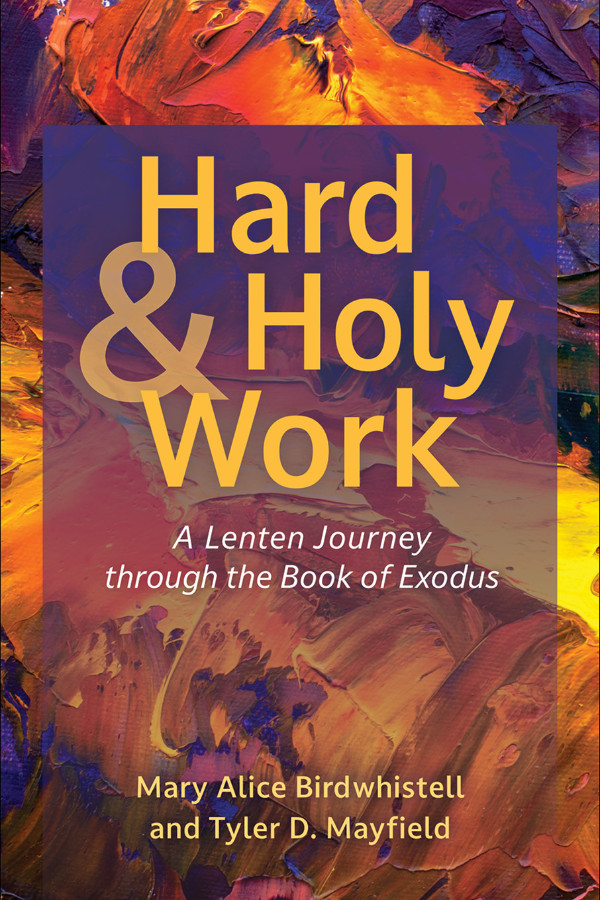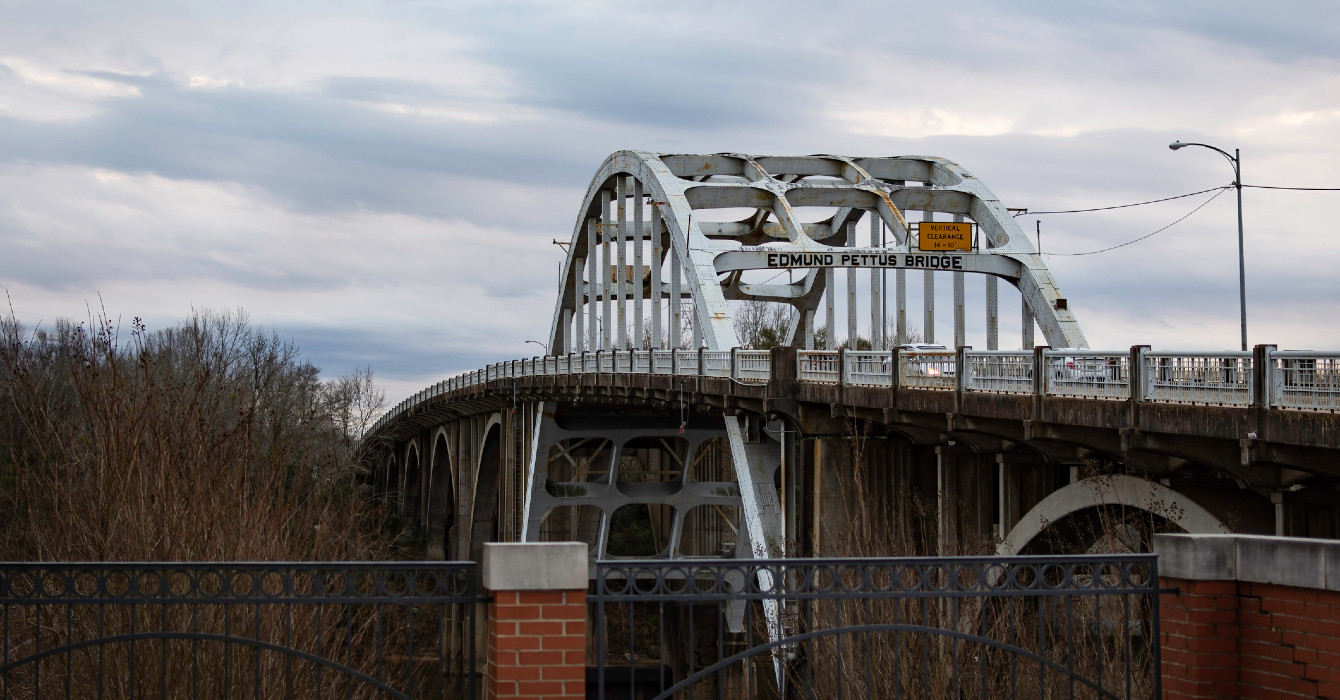Update: In June 2015, Maggy Barankitse was forced to flee Burundi and find refuge in Rwanda after participating in political protests. She continues her work in exile and has built Maison Shalom Rwanda and the Oasis of Peace, a community center for refugees and the surrounding community. She also created the Mahama Elite Center in Rwanda, which works in conjunction with the Mahama Refugee Camp to give refugees, especially children, the care and resources they need. Barankitse serves as chair of the board of directors of Maison Shalom International.
Marguerite “Maggy” Barankitse is a humanitarian who created Maison Shalom -- House of Peace -- out of the carnage of the Burundian genocide. In nearly 20 years of existence, Maison Shalom has grown to include schools, a hospital, agricultural cooperatives, a microfinance system and other projects.
Maison Shalom began after Barankitse saved 25 children orphaned in a horrific night of mass killing during the civil war between Tutsi and Hutu tribes.
But she has always been clear that her mission is not to build an orphanage or even to help children but rather to help raise them in God’s love and to create a new generation that will break the cycle of violence in her country. The mission of Maison Shalom has expanded to the communities in which the children live, and its holistic initiatives seek to improve the lives of all people.
Barankitse has received many honors, including the UNHCR Nansen Refugee Award, the Opus Prize and the Fondation Chirac Prize for Conflict Prevention. Barankitse received an honorary degree from Duke University at its commencement ceremony in May 2013, when she also spoke at Duke Divinity School.
While on campus, Barankitse was interviewed by journalist David Crabtree about her work with Maison Shalom. Their conversation is presented in a 20-minute video.
Excerpts from that same interview can also be viewed by topic in a series of short video clips. In them, she talks about why she built what she did at Maison Shalom, how she found the courage to create an innovative institution, why she built a morgue, her own struggles with God, the importance of forgiveness, and her view that life is a feast.
The following transcript has been edited for clarity.
Q: You have said, and I’m quoting, “Love made me an inventor.” What did you mean by that, and what do you mean by that?
I mean love makes us inventors, because if you love, you will find the solution, in the eyes of those children.
When I had nothing to feed all those children, I took time and prayed and said, “God, I know you want life, you want love; give me enough strength” -- and the solution came.
I called my friends; I had a journalist who came and said, “I know somebody who can help you.” And then we cultivated.
I can give you an example. One night I saw that the following day I had no bread for the children, no sugar. And then in the night I called the biggest children and said, “What can we do, because we must have something to eat?”
And then one child said to me, “But if we have some flour, we can make some cakes, and then we will sell it and we can have beans, salt and so on.” And we talked. And like that, we can sell cakes, and we can have salt and sugar.
It’s like that. If you love, you find the solution.






